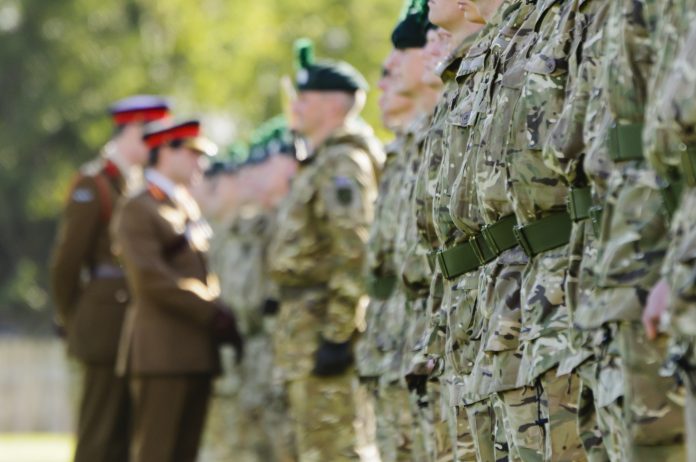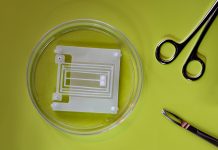Cutting-edge sensing equipment, valued at £88 million, will enhance the safety of the UK Armed Forces by detecting, identifying, and monitoring toxic chemicals, led by Strategic Command
This £88 million contract, in collaboration with a pan-defence team, marks a significant step in enhancing the safety of personnel across the British Army, Royal Navy, and Royal Air Force.
Sensing equipment to protect sensing equipment
Thousands of military personnel will soon have access to wearable personal chemical agent sensors.
These advanced devices will enable them to promptly detect a wide range of toxic chemical threats, allowing for immediate protective actions. Notably, these sensors can identify chemical threats in various forms, including vapours and aerosols, providing comprehensive protection.
Next-generation chemical sensor products
Smiths Detection, a UK-based company, will develop three next-generation chemical sensor products under this contract. These sensors are expected to be operational by 2028 and will include:
- Wearable Personal Chemical Agent Sensor: A device continuously monitors the user’s environment.
- Survey Chemical Agent Sensor: A portable device that checks potentially hazardous areas or surfaces.
- Remote-Capable, Standoff Chemical Sensor: An enhanced sensor for fixed locations.These sensors will be adaptable to evolving threats, ensuring ongoing protection for the UK Armed Forces.
Economic boost and job creation for UK economy
The contract with Smiths Detection enhances military capabilities and contributes to the UK economy. It supports hundreds of jobs within the company and creates approximately a dozen new positions at their Hemel Hempstead site.
Additionally, sourcing components and services from various UK suppliers strengthens the UK manufacturing industry.
Minister for Defence Procurement emphasises commitment
Minister for Defence Procurement James Cartlidge, emphasised the significance of this technology in protecting service personnel globally. He praised the equipment’s deliverability, effectiveness, and ambition, highlighting its development potential.
Smiths Detection President Roland Carter expressed gratitude for being selected by the UK Ministry of Defence.
He emphasised the company’s long history of developing and servicing chemical sensing technology, consistently safeguarding defence forces and communities from emerging threats.
A fundamental component of UK’s defence capability
Sensing chemical threats is fundamental to the UK’s Counter-Chemical Biological Radiological Nuclear capability.
The contract, managed by the UK MOD’s procurement arm, Defence Equipment and Support (DE&S), and supported by the Defence Science and Technology Laboratory (Dstl), encompasses the development, manufacture, and initial in-service support of these essential sensing equipment, ultimately ensuring the protection and safety of UK Armed Forces.
Editor's Recommended Articles
-
Must Read >> Armed forces need to be mentally fit
-
Must Read >> £23m funding to transform policing
-
Must Read >> Combating mental health














